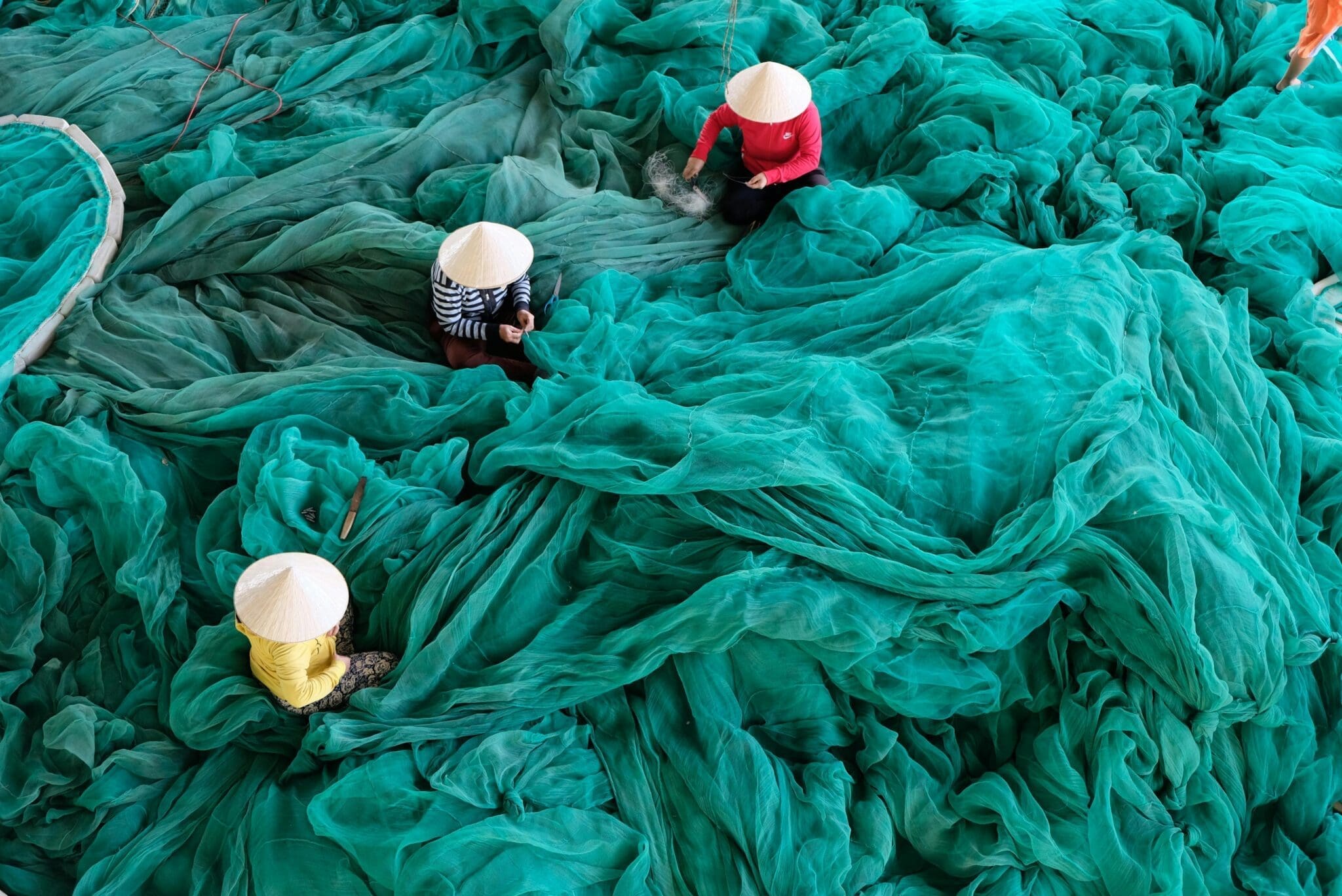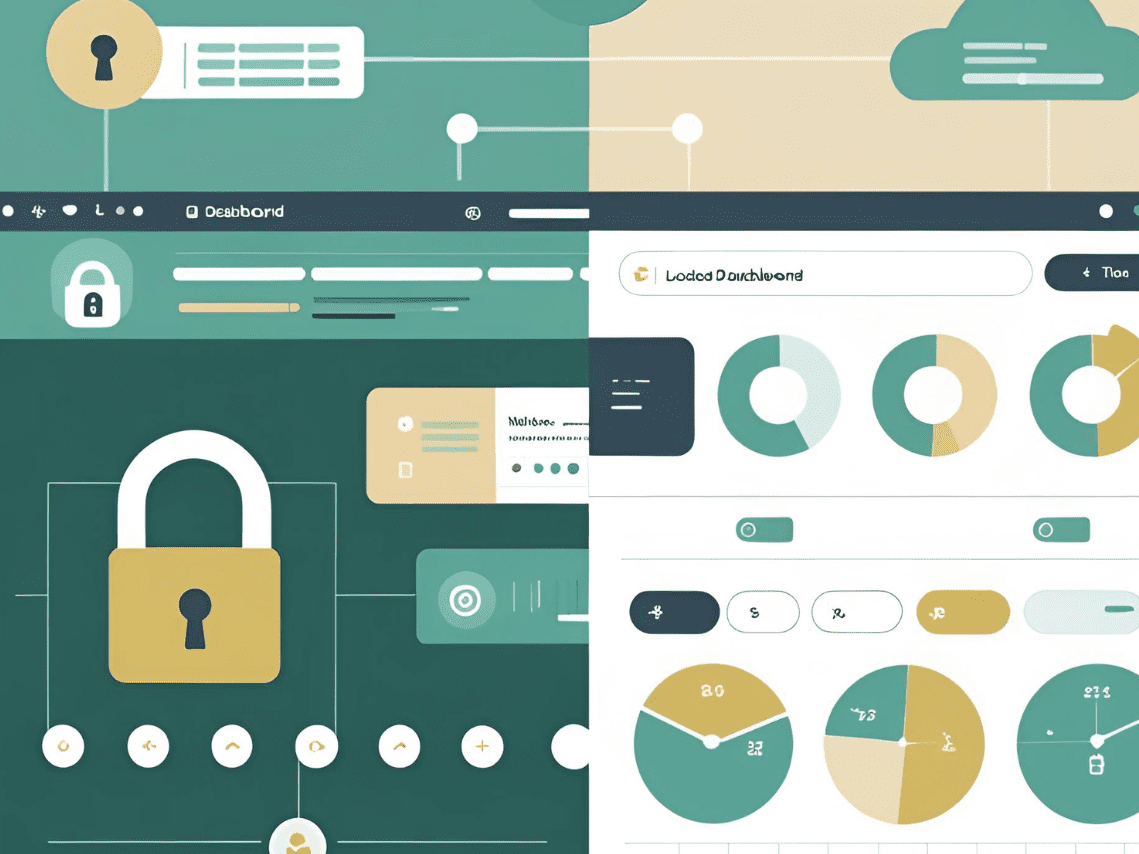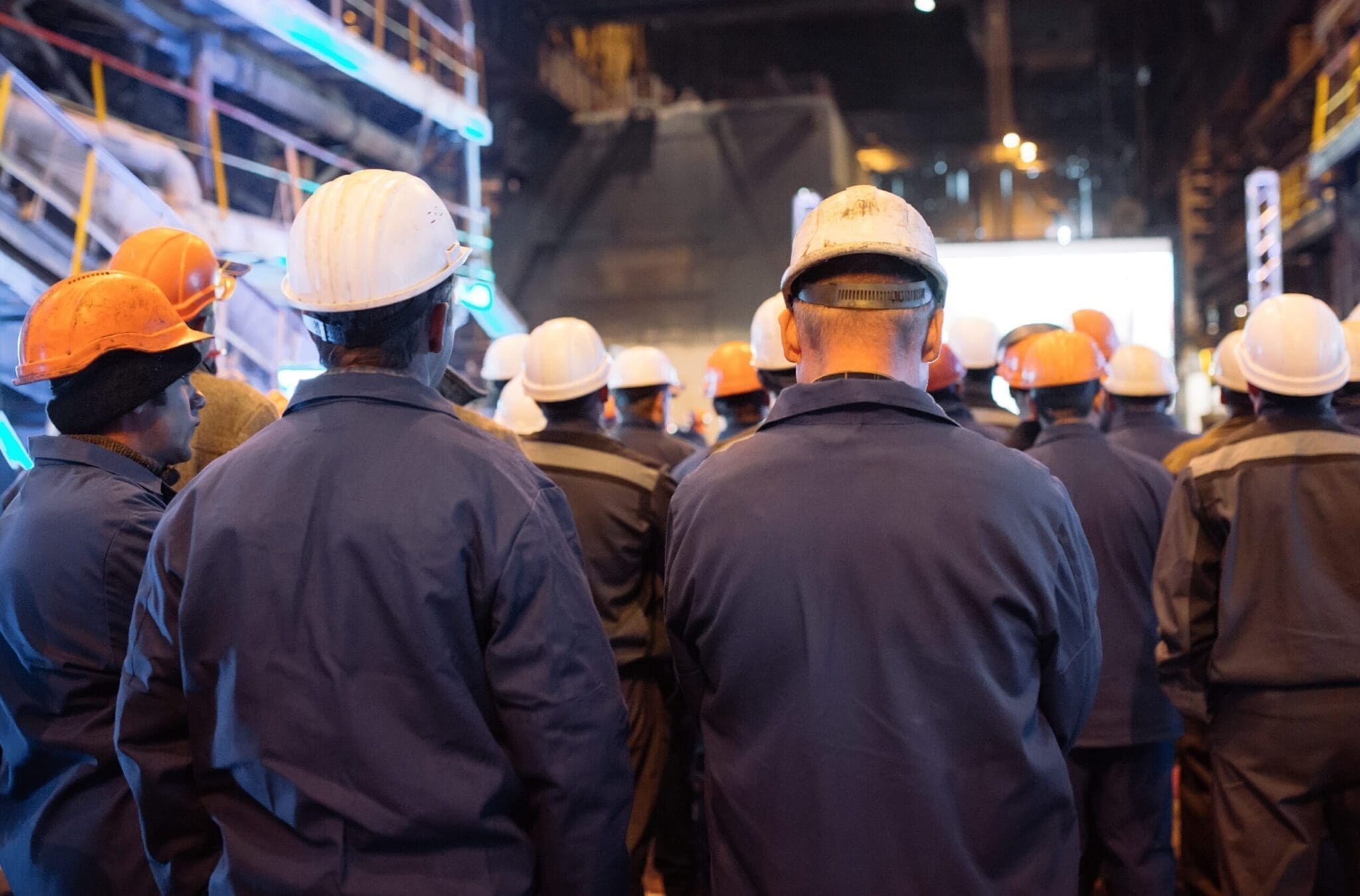While supply chain due diligence legislation emerges en masse around the globe, are you aware of what is out there and the implications these may have on your business?
In an interconnected global economy, the intricate web of supply chains is a driving force behind the production and distribution of goods and services. However, this complexity also exposes vulnerable factors, such as human rights abuses, environmental issues, and unethical practices that can occur at various stages of the supply chain. To address these concerns, many countries have turned to supply chain due diligence legislation, a regulatory framework aimed at promoting responsible business conduct and safeguarding human rights and the environment.
We take a look into the supply chain due diligence legislation in Europe, Norway, Germany, and Canada, examining their objectives, scope, and implications demonstrating just how far the regulatory net is stretching.
Norway: Transparent Supply Chains
Norway, often considered a frontrunner in sustainability, has also taken steps to regulate supply chain due diligence. The Norwegian parliament has brought in legislation that requires companies to identify and address adverse impacts related to human rights and corruption in their supply chains. Brought in during 2021, this legislation holds companies accountable for their actions beyond national borders and fosters a culture of transparency and ethical conduct. Norway’s initiative highlights the global dimension of supply chain challenges and the need for a coordinated effort to tackle them.
Europe: A Pioneering Effort
The European Union has been advancing supply chain due diligence legislation for a number of years. With the goal of ensuring that EU-based companies respect human rights and environmental standards throughout their global operations, the EU proposed a legislative initiative in 2021. The proposed legislation, known as the Corporate Sustainability Due Diligence Directive (formerly referred to as the Corporate Accountability Directive), mandates companies to conduct due diligence across their supply chains, identifying and mitigating risks associated with human rights abuses and environmental harm. This directive, imposes significant obligations on companies operating within the EU, compelling them to exercise heightened vigilance over their supply chain partners.
Read more about EU CSDDD or Join the discussion on this LinkedIn group dedicated to news and updates on the EU legislation.
Discover insights on the CSRD here.
Germany: Addressing Human Rights Violations and the Environment
In Germany, the debate surrounding supply chain due diligence legislation has gained momentum due to concerns over human rights violations in global supply chains. The German government brought in a law in early 2023 (Lieferkettensorgfaltspflichtengesetz) that mandates companies to undertake due diligence to prevent child labour, forced labour, and other human rights abuses within their supply chains. The German Law also looks at three key environmental conventions (Minimata, Stockholm and Basel).
The main premise behind these is when the environmental issues lead to human rights violations (e.g., poisoned water), for example. Also, banning substances that are dangerous to humans and the environment. The Supply Chain Act focuses on certain environment-related obligations that are mandatory for enterprises taken from three international conventions: the Minamata Convention on Mercury, the Stockholm Convention on Persistent Organic Pollutants and the Basel Convention on the Control of Transboundary Movements of Hazardous Wastes and Their Disposal. This legislative effort reflects a growing awareness of the role businesses play in either perpetuating or alleviating social injustices. By holding corporations accountable for violations that occur in their supply chains, Germany aims to create a more equitable and responsible global business environment.
Canada: Navigating the Path Forward
Canada, too, has been exploring the implementation of supply chain due diligence legislation. The Canadian government passed Bill S-211 in early 2023, An Act to enact the Fighting Against Forced Labour and Child Labour in Supply Chains Act. This is due to take effect in 2024. The regulations require companies to address human rights risks associated with their supply chains.
The aim is to enhance transparency and corporate accountability, aligning with Canada’s commitment to human rights and sustainable development. The exact framework and scope of the legislation has just been in agreed in 2023. Businesses that meet certain thresholds will be required to file detailed public reports on measures they have taken to identify, address and prevent forced labour, prison labour and child labour in their supply chains. The first report will be required to be filed on or before May 31, 2024.
Learn more about the Fighting Against Forced Labour in Supply Chains Act here.
Compliance Challenges and Opportunities
While the motivations behind supply chain due diligence legislation are commendable, implementing and enforcing such regulations pose challenges. One of the primary concerns is the cross border nature of trading and supply chains and how that affects all of these laws – the ability of a country to regulate the activities of companies beyond its borders. This can lead to conflicts of jurisdiction and regulatory overlaps. As well as this complex aspect, compliance costs for businesses, especially smaller enterprises, could rise significantly, potentially affecting their profitability and competitive edge in the market they reside.
However, the benefits of such legislation are equally noteworthy. By compelling companies to scrutinise their supply chains, these laws can help prevent reputational damage resulting from association with unethical practices. They also encourage the development of more sustainable and resilient supply chains, reducing the risk of disruptions due to unforeseen events.
A Global Trend of Due Diligence
The emergence of supply chain due diligence legislation in these diverse regions underscores the global nature of supply chain challenges. Human rights abuses, environmental degradation, and ethical concerns know no borders, necessitating collaborative efforts to address them effectively. As more countries consider or adopt such legislation, we look to a future when a common international framework could gradually evolve, promoting greater transparency and consistency in global business.
Supply Chain Legislation – Creating a Fairer, Safer World
Supply chain due diligence legislation reflects a collective realisation that business practices must align with ethical standards and global responsibilities. The emerging legislation in areas such as Northern Europe, India and Canada are each contributing to this humanitarian shift by crafting legislation that demands accountability and transparency.
As the world economy becomes more global, these regulatory efforts mark essential steps toward supply chains that not only drive economic growth but also uphold human dignity and environmental integrity.
The challenges faced in the implementation of these laws highlight the complexities of global business, but the potential benefits for society and the planet make the pursuit of responsible supply chains a worthwhile endeavour.
So what’s next?
Make sure you are prepared, fill out the short form and one of our experts will be in touch to arrange a tailored consultation:


